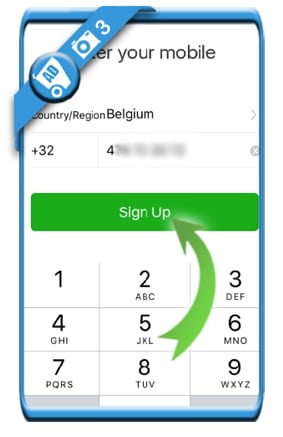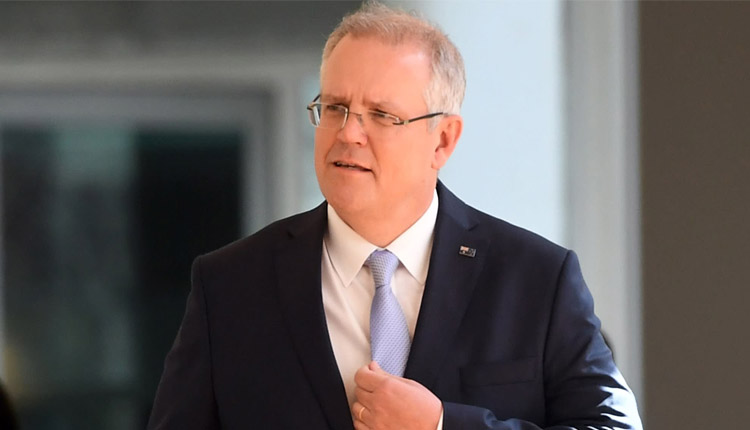
Paterson accused the Chinese Communist Party of censoring the prime minister with Australia's elections due by May. Joint Parliamentary Committee on Intelligence and Security Chair James Paterson said WeChat had not immediately replied to an Australian government request that the prime minister's account be restored. It identified the present owner of the account only as a "technology services company," adding that it would "continue to look into this matter further." In accordance with Chinese regulations, Morrison's public account was registered with a Chinese citizen and was later transferred to its current operator, the company said. "Based on our information, this appears to be a dispute over account ownership," the company said. In response to a question from The Associated Press, WeChat's parent company Tencent said that there was "no evidence of any hacking or third-party intrusion," related to Morrison's account. Morrison's office declined to comment on the report. In the 2020 incident, a note appeared from WeChat saying the content violated regulations, including distorting historical events and confusing the public.Australian Prime Minister Scott Morrison has lost control of his account on the Chinese-owned social media platform WeChat and a lawmaker on Monday accused China's leaders of political interference.

In December 2020 the Scott Morrison WeChat account was temporarily blocked amid a political dispute between Canberra and Beijing over an image of an Australian soldier in Afghanistan. “Any account set up in this way can be shut down at a moment’s notice,” he said. “Yet they can still gain access to critiques of the government, attacks on the government by the (Labor) Opposition Leader,” he added.įergus Ryan, senior analyst with the Australian Strategic Policy Institute, said having the Prime Minister’s WeChat account registered under the name of a Chinese citizen was “always risky and ill-advised”, and appeared to be a breach of WeChat rules. “There’s 1.2 million Australians of Chinese descent who overwhelmingly use this service and now can no longer access news and information from their Prime Minister,” he said on Australian radio on Monday. Liberal Senator James Paterson, Chair of Parliament’s Joint Committee on Intelligence and Security, told media the incident was an example of “censorship” and “foreign interference”.
PM MORRISON CONTROL WECHAT ACCOUNT LOOMS REGISTRATION
The account registration is now linked to a technology company in Fujian province, Reuters found. The Scott Morrison account was registered in 2019 using the name of a Chinese citizen in mainland China as its account operator, WeChat records show and a government source confirmed.įeaturing Morrison’s photograph, it originally promoted major announcements on the economy or the COVID-19 pandemic, for example, translated into Chinese.īut in January, the account was rebranded ‘Australia China New Life’, and said it would provide information such about life in Australia, Reuters confirmed by viewing the account.

Tencent didn’t immediately respond to a request for comment from Reuters.īoth the Liberals and the main opposition Labor Party set up official WeChat accounts for their leaders through outsourced agencies.

10, said a person with knowledge of the matter, who declined to be named because of the sensitivity of the matter. The prime minister’s office has made multiple fruitless requests to WeChat to regain access to the account, most recently on Jan. With a national election due by May, the government would have aimed to use the Morrison account to promote its policies during the Chinese New Year celebrations starting Feb. SYDNEY (Reuters) – Australia’s Prime Minister Scott Morrison’s Liberal Party lost access to his official WeChat social media account months ago, politicians said on Monday, issuing claims of censorship, while the still-active account being run by an unidentified controller now promotes Chinese life in Australia.Īmid growing diplomatic tensions with China, Australia’s two major political parties have used the social media platform, owned by Chinese tech giant Tencent Holdings Ltd, to communicate with Australian voters of Chinese ethnicity in tightly fought electorates since 2019.


 0 kommentar(er)
0 kommentar(er)
